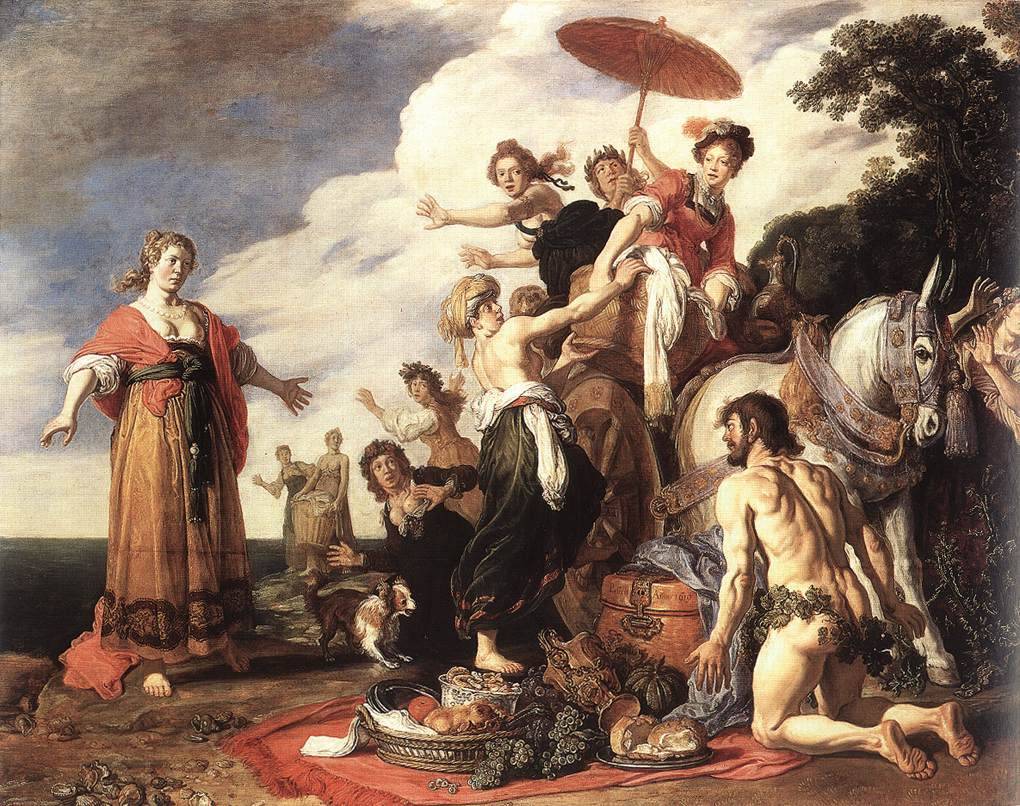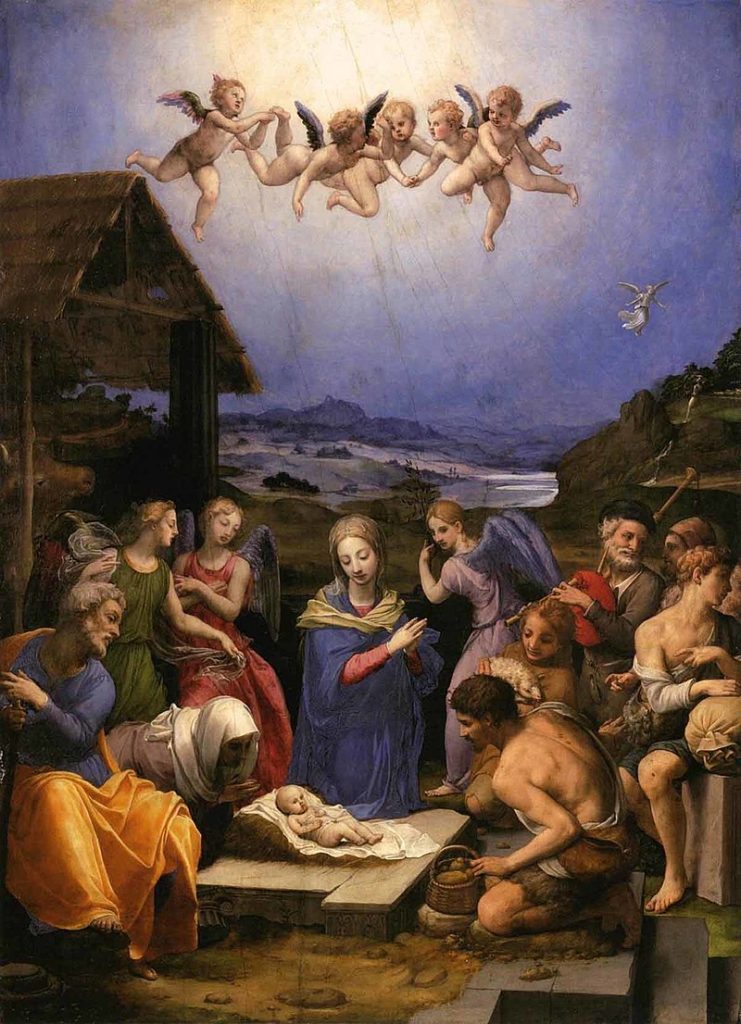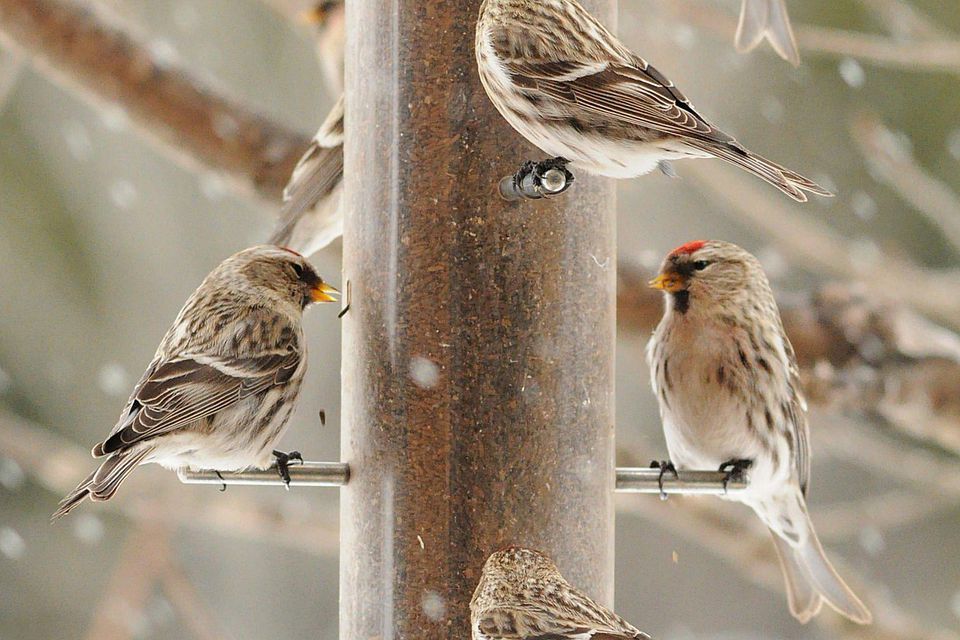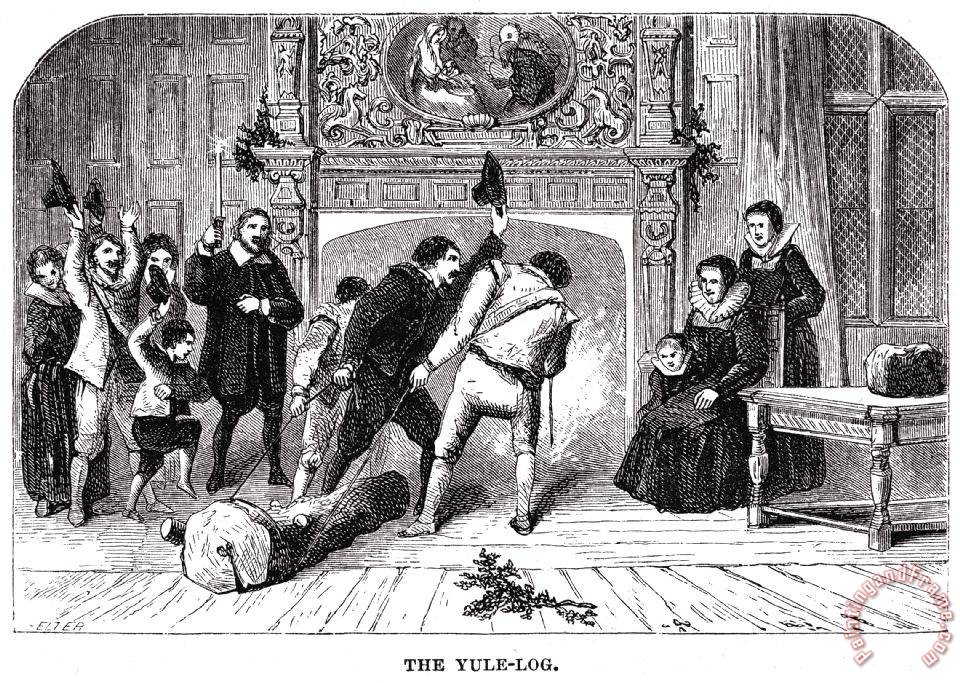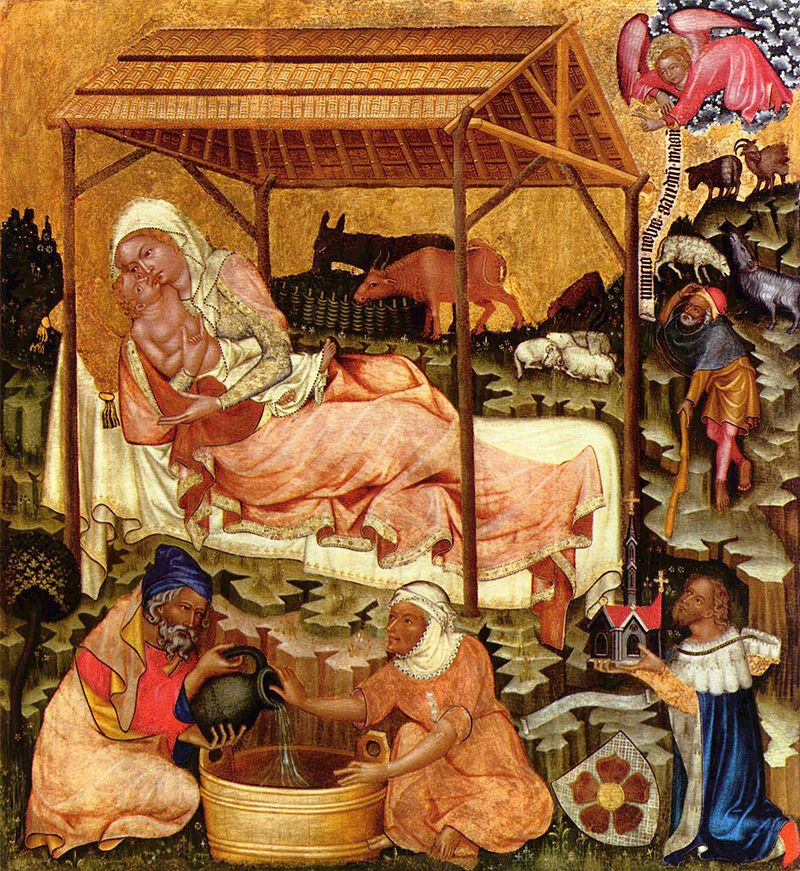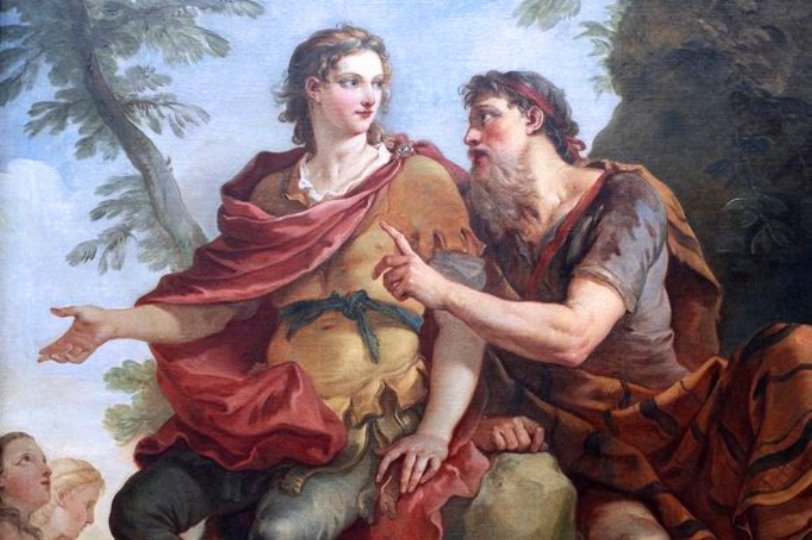
Monday
Son Darien and grandson Alban have been here for the holidays, a visit that includes lot of tennis and some wonderful father-and-son talks. Discussing identity struggles with Darien meshes with my rereading of The Odyssey, which looks at the difficulty of father-son relations. We learn from Telemachus about the difficulty of growing up within a famous father’s shadow.
Not that I’m a famous father. But fathers of any sort cast a long shadow, as I can testify from my own experience. I idolized Scott Bates for much of my childhood to the point that I even wanted to share his infirmities, such as poor eyesight and inner ear problems. (I was granted the former.) It took me 15 years of college teaching before I decided that it was okay to be a different kind of professor than he was. He was a world-class researcher whereas I excelled in popularizing the research of others. While this made me an excellent teacher, for the longest time I regarded myself as a bit of an impostor.
In this regard, Odysseus’s son Telemachus has a daunting challenge. Over and over he is informed how great his father is. Athena, speaking through his mentor Mentor, doesn’t help matters:
Telemachus, you will be brave and thoughtful
if your own father’s forcefulness runs through you.
How capable he was, in word and deed!
Your journey will succeed, if you are his.
If you’re not his son by Penelope,
I doubt you can achieve what you desire.
And it is rare for sons to be like fathers:
Only a few are better, most are worse.
Then, however, she adds:
But you will be no coward and no fool.
You do possess your father’s cunning mind,
So there is hope you will do all these things.
Athena then proceeds to set up a number of leadership projects for Telemachus. She prods him into calling a community council meeting, and although it’s a bust, Telemachus has still has put himself forward. Then she persuades him to gather a group to young men to visit Nestor and Menelaus. The suitors don’t think Telemachus has a dangerous sea voyage in him, and once they realize he has pulled it off, they determine he’s a legitimate threat and must be killed.
The journey is a mixed bag. On the one hand, Telemachus learns to put himself forward and interact with legendary figures like Nestor and Menelaus. On the other hand, these figures keep telling him what a remarkable man his father was. They all but ask him if he’s willing to do what Orestes did, i.e. kill those (including his mother) who overthrew his father.
But they also speak to his potential. Here’s Nestor after he sees how Telemachus is aided by Athena:
Dear boy, I am now sure that you will be
a hero, since the gods are on your side
at your young age. This was a god, none other
than great Athena, true-born child of Zeus,
who also glorified your noble father.
Menelaus is impressed by how Telemachu tactfully rejects a gift of horses, which would not be appropriate for Ithaca:
My boy, your words are proof of your good blood.
I will give different gifts, just as you ask.
I will give you the finest piece of treasure
of all the hoard I have piled up at home…
After Odysseus returns home, 19-year-old Telemachus is relegated to second place, confirming our fears. Tennyson picks up on this in his poem “Ulysses,” where the father essentially dismisses his son as a bureaucratic drudge:
This is my son, mine own Telemachus,
To whom I leave the sceptre and the isle,—
Well-loved of me, discerning to fulfil
This labour, by slow prudence to make mild
A rugged people, and thro' soft degrees
Subdue them to the useful and the good.
Most blameless is he, centred in the sphere
Of common duties, decent not to fail
In offices of tenderness, and pay
Meet adoration to my household gods,
When I am gone.
And then, with thinly-veiled contempt:
He works his work, I mine.
No sailing beyond the sunset and the baths of all the western stars for junior.
But this differentiation allows me to make the point I’ve arrived at. Telemachus could well be a superb administrator, and to all appearance Ulysses—at least as portrayed here—would be a lousy one. So yes, it’s probably best for Ulysses to be off.
My father, my sons, and I each have our own special strengths. To say that we should all be the same kind of hero is to reduce heroism. The purpose of our lives is to identify those strengths and develop them.
To our credit, Bates fathers have done a good job in supporting their children in their quests.


